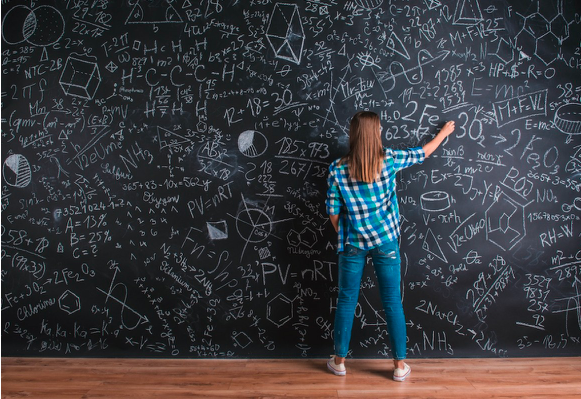Debating sparks young interest in Science, Technology, Engineering and Mathematics

More than 50 students aged 11 and 12 years old will gather at the University of Melbourne this week to compete for bragging rights, debating Science, Technology, Engineering and Mathematics (STEM) related topics.
Held in partnership with the Debaters Association of Victoria (DAV), the Primary School Statewide Tournament involves six primary schools from across Melbourne and Geelong, including state, religious and private schools.
Dr Suelette Dreyfus from the University’s School of Computing and Information Systems in the Melbourne School of Engineering said these types of events are vital for getting children engaged in STEM subjects from a young age.
“We need to engage children early to capture their imagination and encourage them to learn skills of the future,” Dr Dreyfus said.
“The beauty of this age group is that while they have started to reason like a young adult, they can still imagine with all the boundless creativity of a child.”
Dr Dreyfus said that, for many people, the idea of debating was not immediately linked with STEM education.
“You can engage students with science experiments and computer games but that’s not going to hit the mark for everyone. STEM subjects sometimes require going in from a different angle – like debating,” Dr Dreyfus said.
“Getting students to think critically about the impact of technology and then articulate this requires them to plunge elbow-deep into the topic.”
Dr Heidi Tscherning, also from the School of Computing and Information Systems, worked with DAV to create STEM topics that would spark children’s interest and also reflect issues in emerging technologies.
“Debating makes children reason, critically assess and then communicate effectively,” Dr Tscherning said.
“These are some of the best young critical thinkers in the entire state. They may be our future scientists, doctors, programmers, or policy makers. Getting them to ask, and answer, hard questions about how we should deal with emerging technologies inspires them to think about real world application and think about their future.”
With debating a popular choice for girls, Dr Tscherning is hoping this event will also inspire the female students to consider STEM subjects as they continue through to high school and tertiary education.
“Debating is just another way that we can reach out to girls about the opportunities available in STEM,” she said.
The Primary School Statewide Tournament is being held on Friday 17 November, 9.30am – 2.30pm, in Theatre D of the Old Arts Building, University of Melbourne.